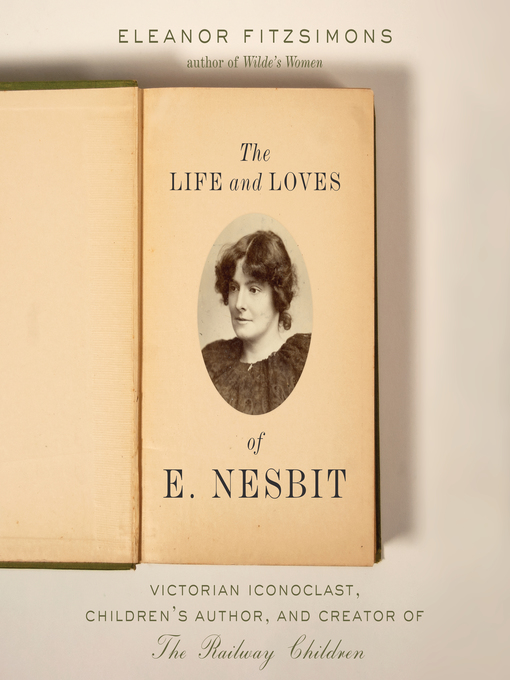The first major biography of the trailblazing and controversial children's author E. Nesbit
Edith Nesbit (1858–1924) is considered the first modern writer for children and the inventor of the children's adventure story. In The Life and Loves of E. Nesbit, award-winning biographer Eleanor Fitzsimons uncovers the little-known details of her life, introducing readers to the Fabian Society cofounder and fabulous socialite who hosted legendary parties and had admirers by the dozen, including George Bernard Shaw. Through Nesbit's letters and archival research, Fitzsimons reveals "E." to have been a prolific lecturer and writer on socialism and shows how Nesbit incorporated these ideas into her writing, thereby influencing a generation of children—an aspect of her literary legacy never before examined. Fitzsimons's riveting biography brings new light to the life and works of this famed literary icon, a remarkable writer and woman.




